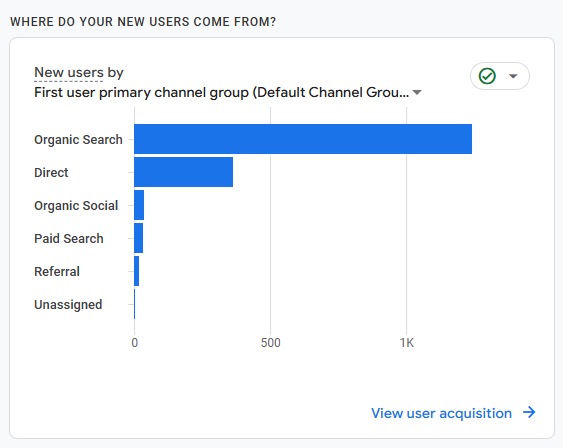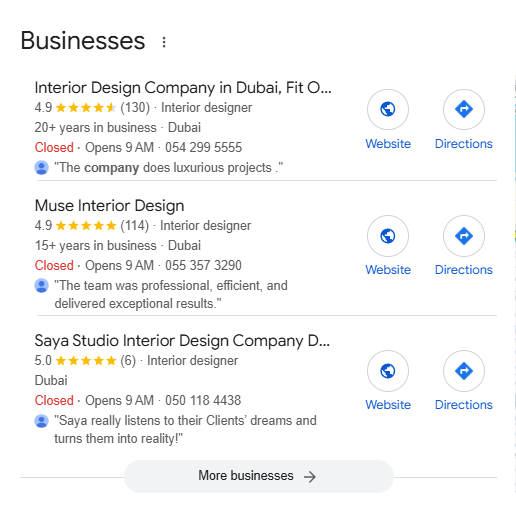Transform Rankings Into Revenue
Keyword Research Services in California
Stop targeting the wrong keywords. Get a data-driven keyword strategy that captures high-intent customers and drives real business growth.
- 15000+ Keywords Analyzed Monthly
- 95% Success Rate in Rankings
- Certified SEO Expert
Uncover Your Ranking Potential
Find out exactly which keywords can drive the most valuable traffic to your business. Get a complete analysis of your market opportunities.
Beyond Basic Search Volume
Strategic Keyword Research
Using advanced tools like Semrush and Ahrefs, I uncover high-converting keywords your competitors are missing. My approach focuses on intent, competition level, and revenue potential.
- keyword research
- keyword research seo

Turn Research Into Results
Data-Driven Targeting
Through comprehensive market analysis and competitor research, I identify the exact keywords that will drive qualified traffic to your business.
- keyword research google
- seo keyword search
Dominate Your Niche
Topic Cluster Mastery
Establish total market authority with strategic topic clusters that capture traffic at every stage of the customer journey.
- seo keyword research
- seo companies for small business
Future-Proof Rankings
Semantic Search Optimization
Stay ahead of Google's algorithm with advanced semantic keyword strategies that align with natural language processing.
- keyword google search
- competitor keyword research

Your Path to Search Dominance
Complete Keyword Solution
Leverage advanced keyword research tools and proven methodologies to uncover high-value search opportunities. From initial analysis to implementation strategy, I deliver comprehensive keyword research that transforms traffic into revenue.
Intent Analysis
Target customers ready to buy, not just browse
These certifications ensure you're working with someone who stays ahead of industry changes and implements the latest SEO strategies that actually work.
Industry Recognition & Expertise
My certifications reflect more than just knowledge – they demonstrate my commitment to delivering cutting-edge SEO solutions for your business:
Google Business Profile Certified
I leverage advanced local SEO techniques to maximize your visibility in Google Maps and local search results
Google Partner Status
This exclusive recognition proves my track record of delivering exceptional results for clients
Google Ads Certified
Understanding paid search gives me unique insights into organic ranking strategies that drive results






Transform Your Search Visibility
Start Capturing Better Traffic
Don't waste time on keywords that don't convert. Get your comprehensive keyword analysis today.
- seo keyword planner
- keyword research for google ads
- competitor keyword research


